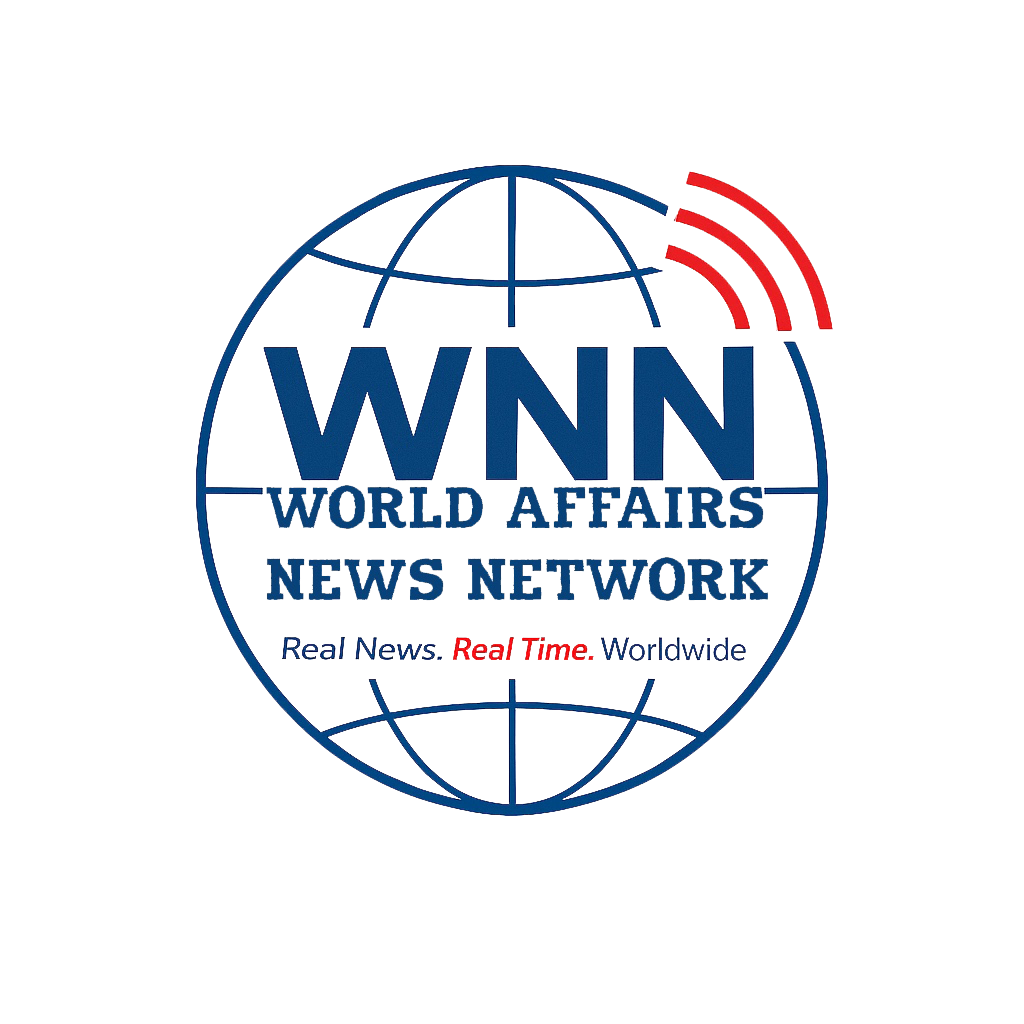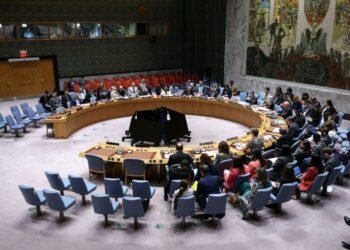The optics at the Shanghai Cooperation Organisation (SCO) conference in Tianjin, where Prime Minister Narendra Modi, Chinese President Xi Jinping, and Russian President Vladimir Putin walked together and shared moments of warmth, carried significant implications for global power dynamics. When examined closely, each gesture contained layers of meaning tied to international relations, strategic autonomy, and the Global South’s aspiration for a multipolar order.
The viral images of the troika sent a clear message: Eurasia is emerging as a power center distinct from the U.S.-led model. With carefully crafted choreography and the backdrop of Xi’s Global Governance Initiative, China sought to project the SCO as an alternative framework to Western-dominated institutions. Proposals such as a SCO Development Bank and new regional centers for security and cyber cooperation underscored this ambition. The symbolism was unmistakable, Eurasia no longer wishes to play a secondary role in shaping the global order.
Analysts, including Michael Kugelman of the Wilson Center, have observed that U.S. policies, particularly the tariff regime advanced by President Donald Trump, have inadvertently accelerated non-Western cooperation through platforms like the SCO. What appeared as a friendly handshake was in fact a deliberate signal that the norms of global engagement are shifting and that India is playing a central part in this process.
For Prime Minister Modi, the Tianjin interactions resonated on two levels: internationally and domestically. At home, the ruling BJP is likely to highlight such imagery as proof of Modi’s stature as a global statesman, arguably unmatched in India’s post-independence history. Critics, however, caution that aligning too closely with authoritarian powers could complicate India’s democratic narrative and cast doubt on its positioning as a strategic counterweight to Beijing.
India’s policy of multi-alignment was vividly tested in Tianjin.
By engaging simultaneously with the U.S., Russia, and China, New Delhi demonstrated both flexibility and caution. Foreign Secretary Vikram Misri’s remark that India prefers to view China as a “partner, not a rival” revealed New Delhi’s intent to improve trade and border ties, even as unresolved frictions along the Line of Actual Control keep India vigilant. India’s continued commitment to the Quad reinforces this balancing act.
For Russia, the Tianjin optics countered Western portrayals of its isolation. Despite sanctions, Moscow used the SCO stage to showcase its deepening military and energy ties with Asia. China, in turn, advanced its vision of a fairer, multipolar world order, where the SCO functions as a cornerstone of its alternative governance model. Strengthening connections with Central Asia and enhancing India’s visibility were key to this strategy.
Central Asian states also benefitted from the summit’s choreography. By navigating between Moscow and Beijing, they demonstrated an intent to preserve sovereignty while drawing economic and security dividends from both. The interplay between China’s Silk Road Economic Belt and Russia’s Eurasian Economic Union continues to shape the region as a zone of opportunity rather than subjugation.
In Washington, the Tianjin photographs were read as a pointed critique of American policy. U.S. media outlets from CNN to The Washington Post interpreted the camaraderie as a reaction to tariffs and secondary sanctions, suggesting that instead of isolating adversaries, American measures had revitalized alternative platforms like the SCO. Commentators argued that this dynamic gave China greater space to engage the Global South, while drawing India into a more visible Eurasian orbit.
For many in the Global South, the Tianjin images offered more than symbolism; they provided reassurance. From Africa to Latin America to Southeast Asia, nations seeking to reduce dependence on Western structures found encouragement in the handshake. The SCO was no longer viewed as merely a regional club but increasingly as a credible advocate of multipolar governance and inclusivity.
Every detail from Modi’s last-minute limousine ride with Putin, to Xi’s ceremonial red-carpet welcome, to the shared laughter before cameras was imbued with meaning. Beyond optics, these were deliberate messages of coordination, coalition-building, and long-term planning. Tianjin 2025 was not just a summit; it was a moment that redefined alignments, questioned traditional hierarchies, and expanded possibilities for multipolar cooperation.
In essence, the SCO summit acted both as a mirror and as a mold. It reflected the world’s growing appetite for autonomy from American dominance while also helping shape a new architecture of global governance. The handshake between Modi, Xi, and Putin may come to symbolize the moment when Eurasia transitioned from being a contested arena to the nucleus of a reimagined global order.
And for India, the significance runs even deeper. If New Delhi can successfully walk the fine line between East and West, transforming symbolic gestures into substantive policy gains, Prime Minister Modi’s image as the architect of India’s rise will not only bolster his global stature but also deliver valuable political capital within India itself.
– Dr. Shahid Siddiqui; follow via X @shahidsiddiqui






















